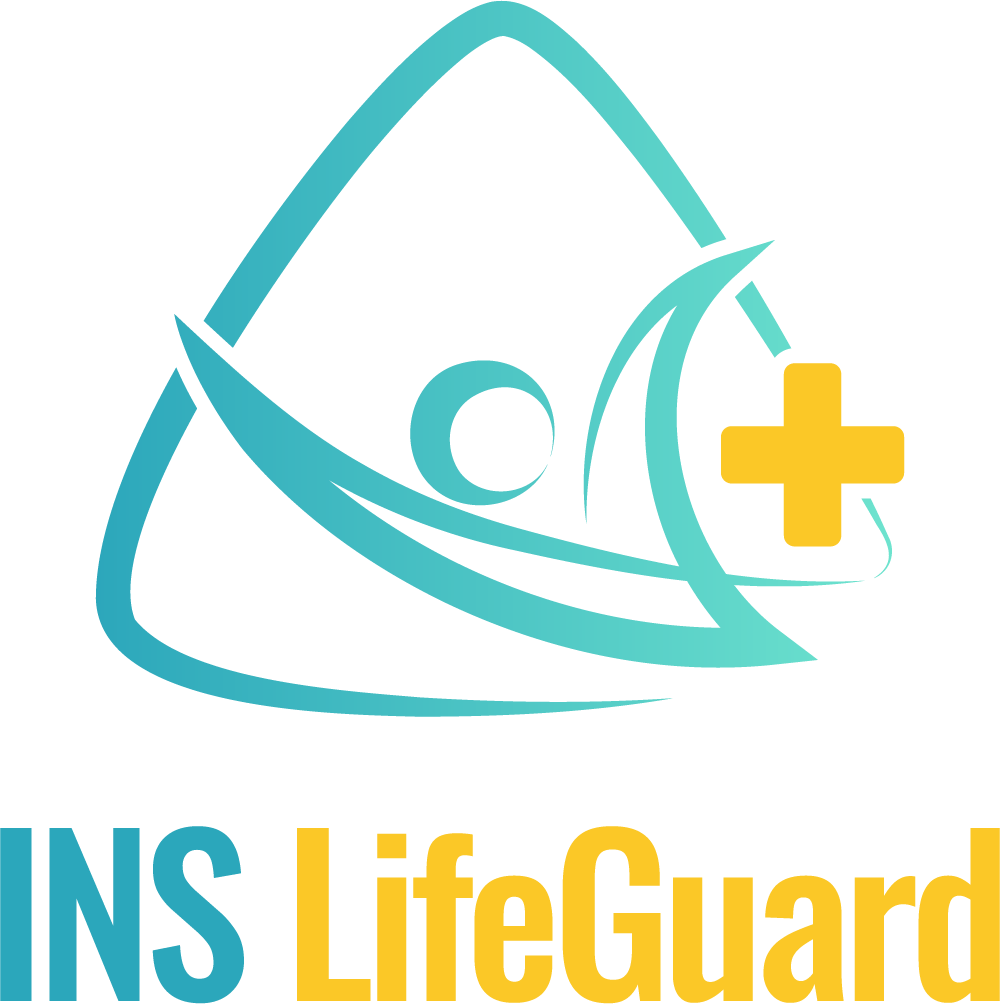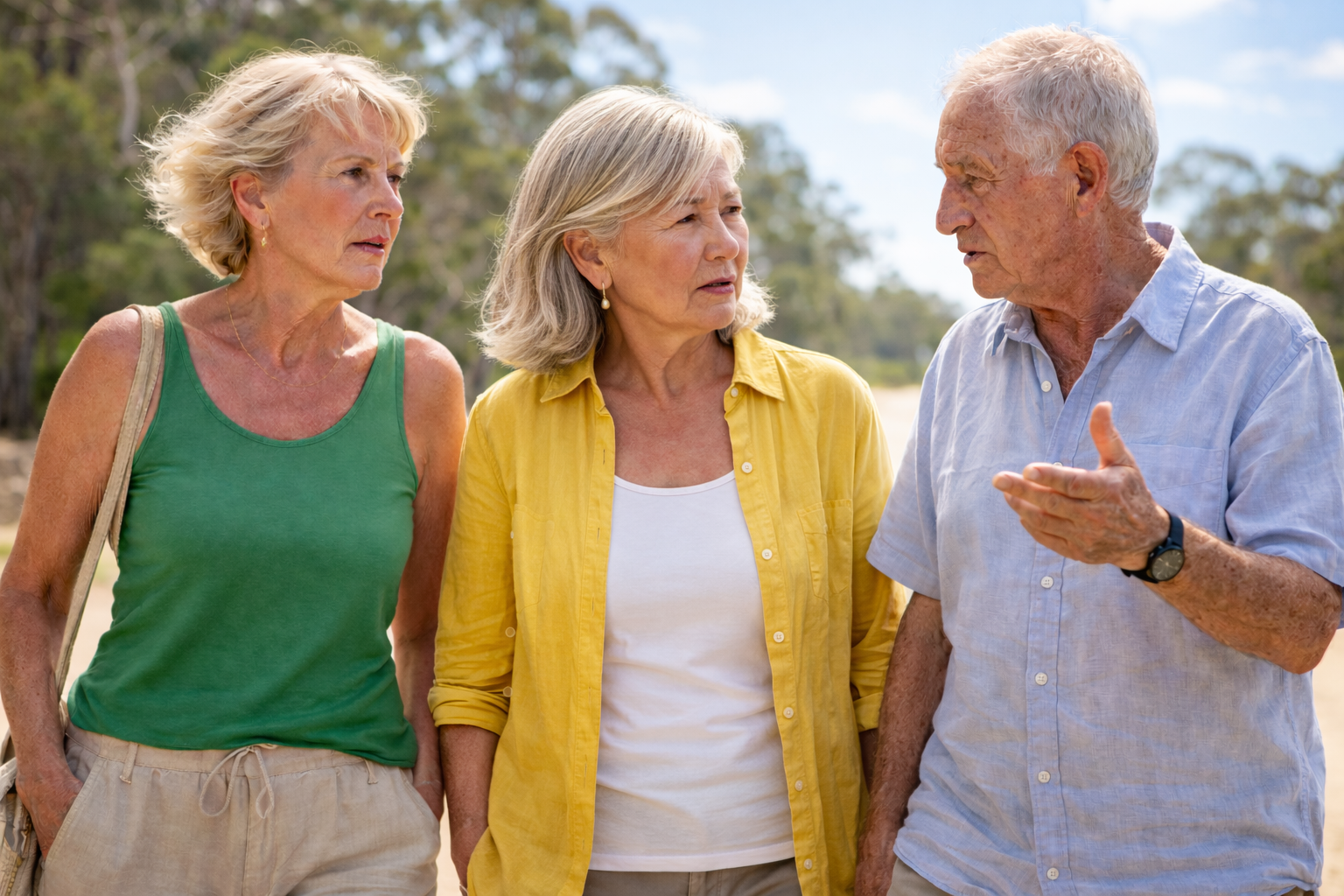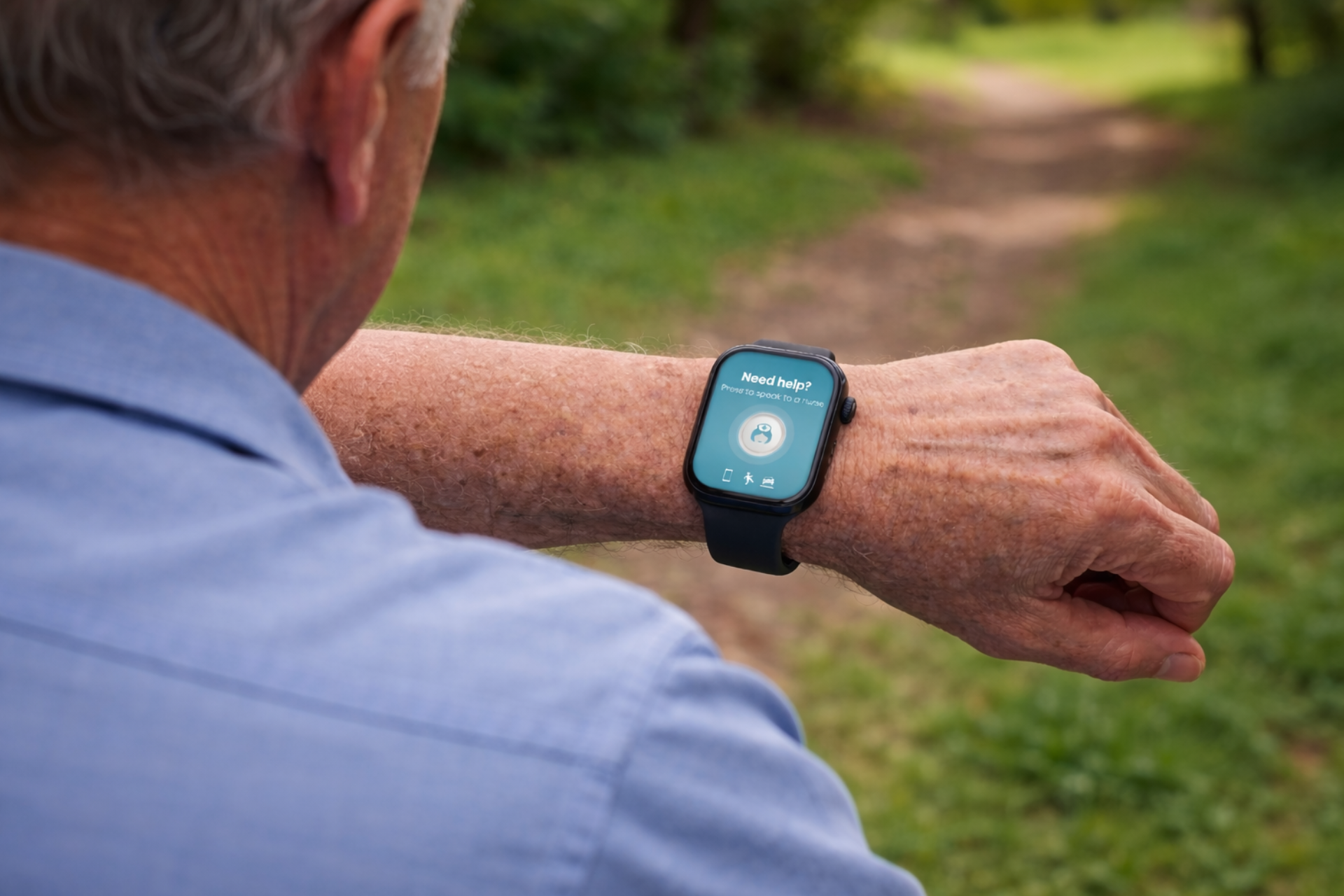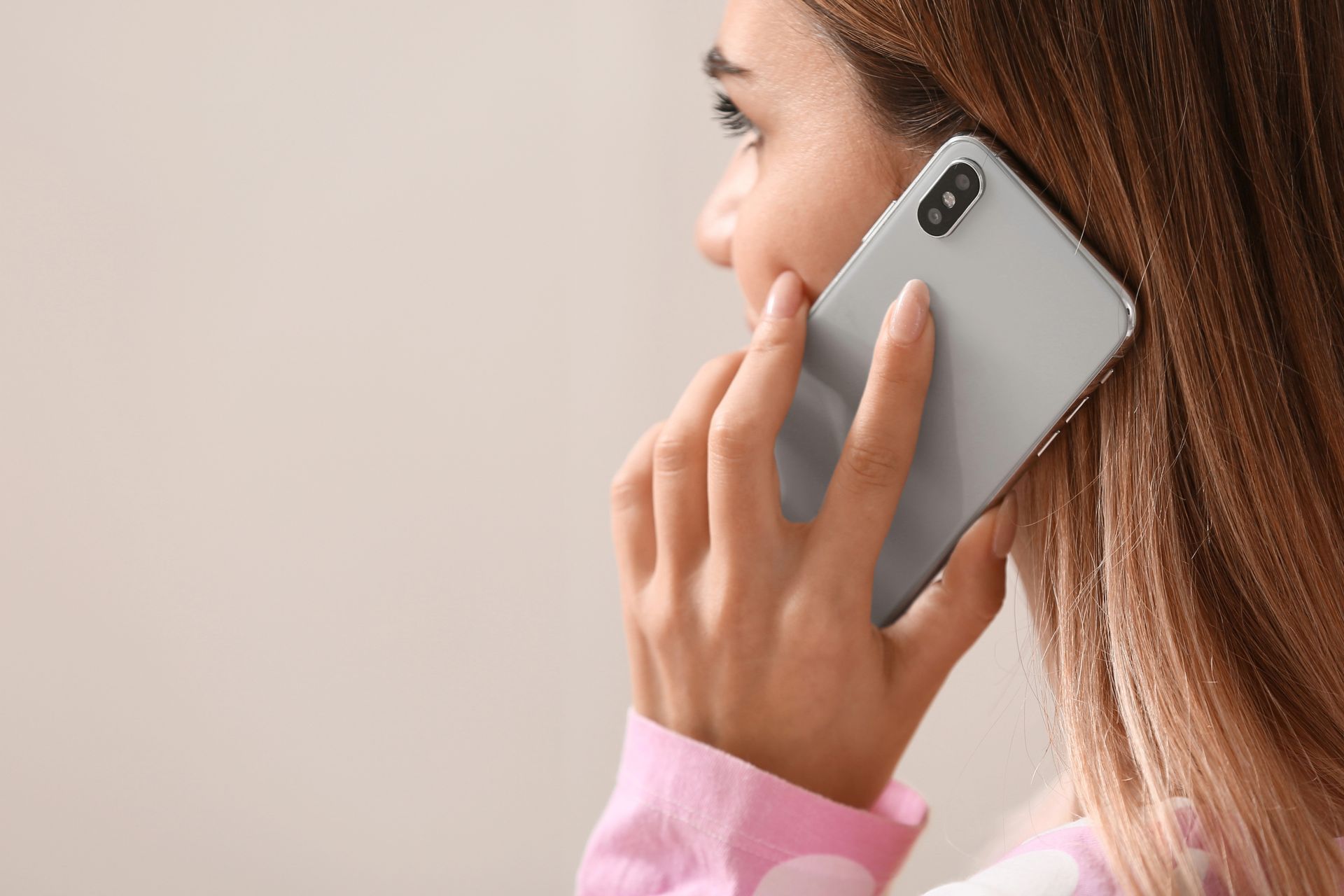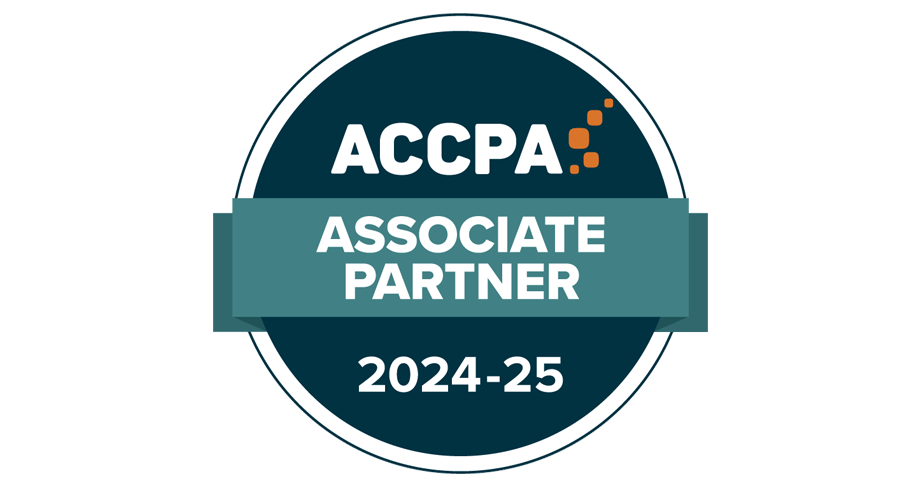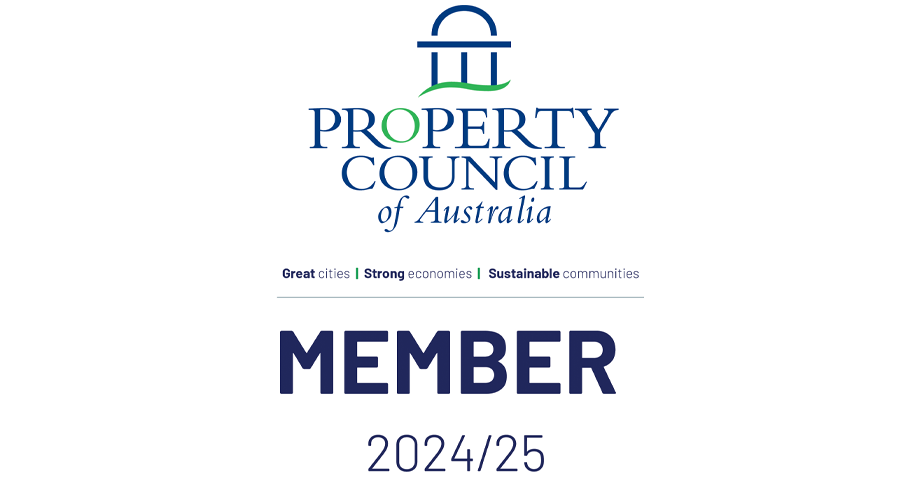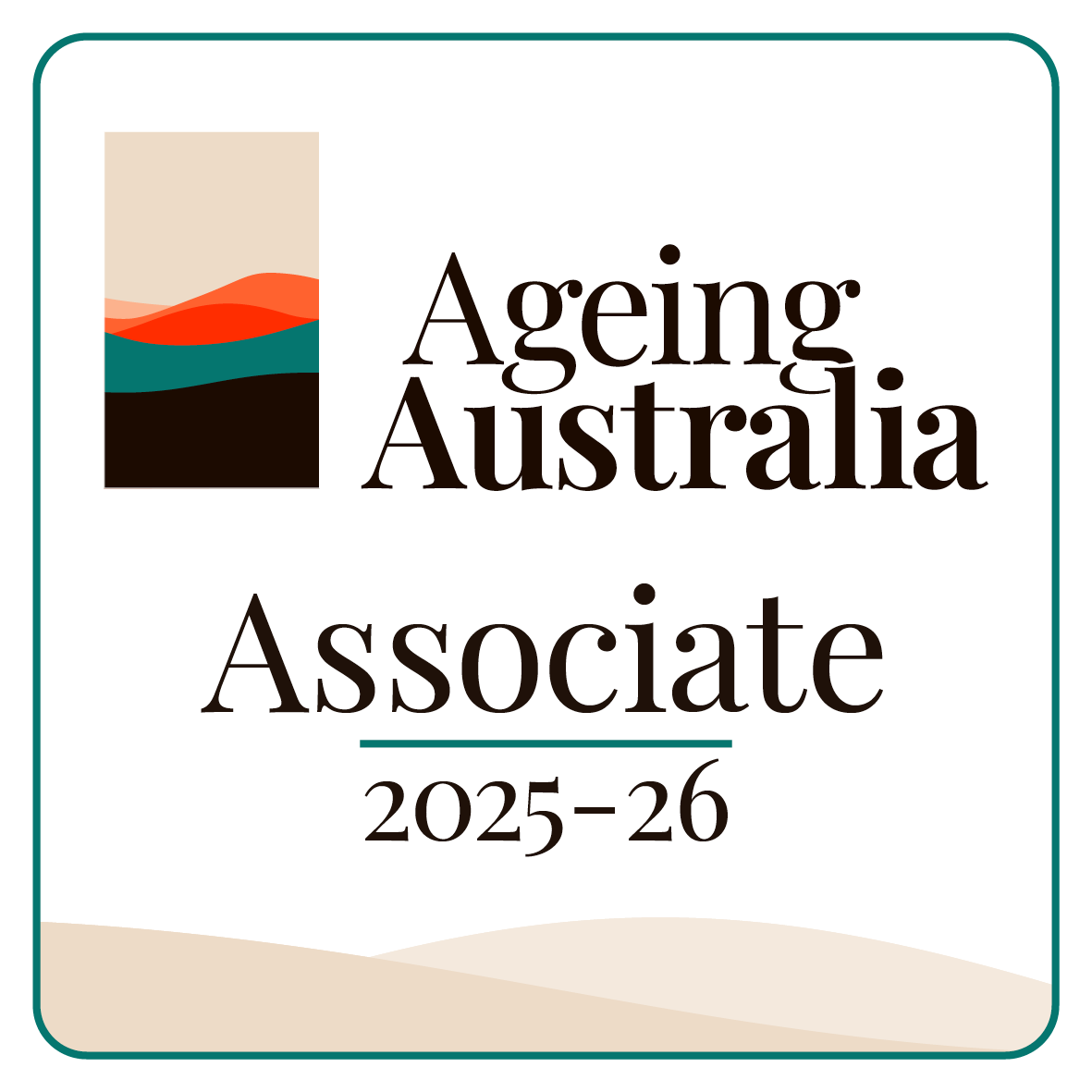Have a Question?
Understanding Sleep and Common Sleep Disorders in Seniors
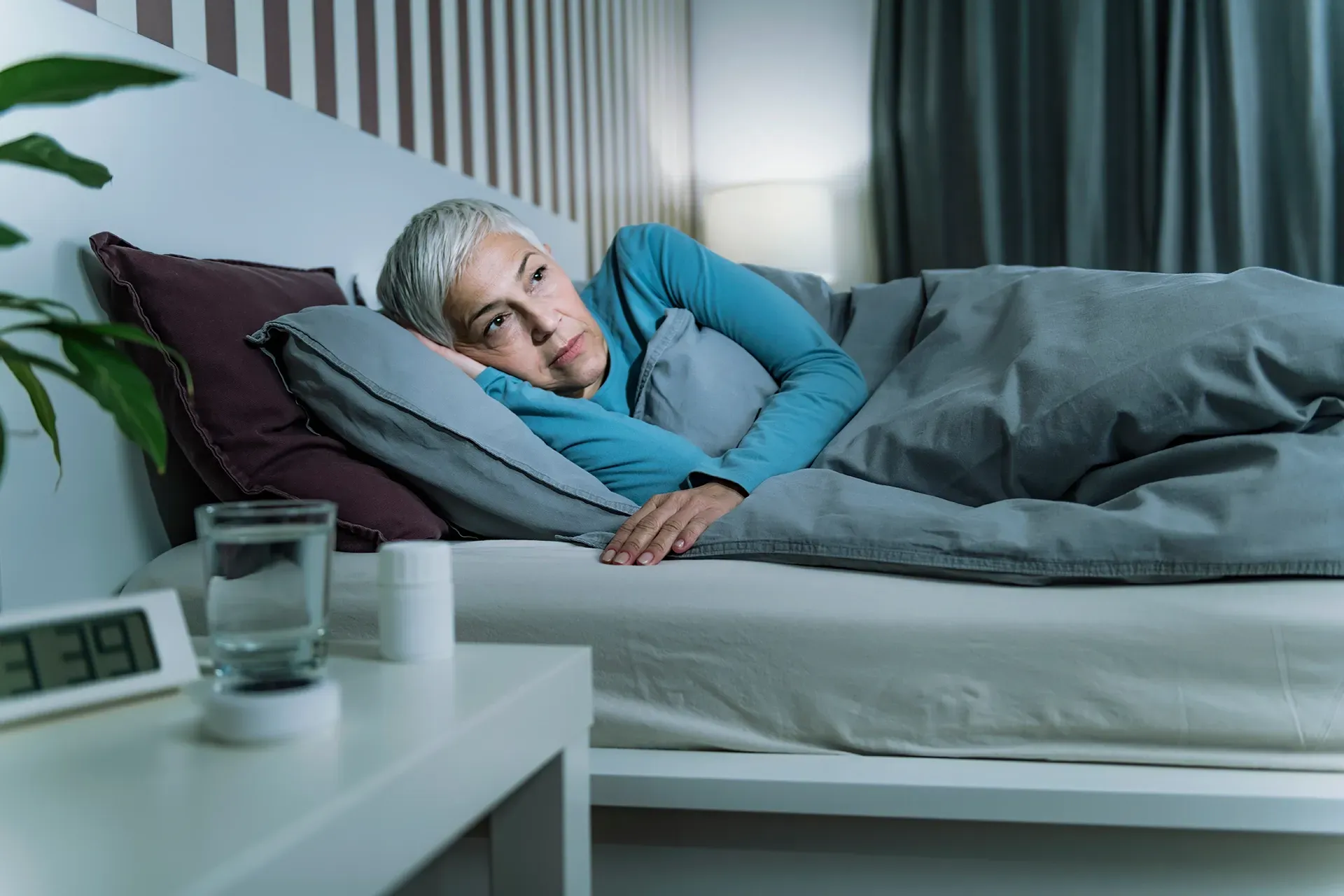
Sleep plays a vital role in maintaining overall health and well-being, yet many seniors struggle with sleep-related issues. As we age, changes in sleep patterns and the prevalence of sleep disorders can impact quality of life and contribute to various health concerns. In this blog, we'll explore the importance of sleep for seniors, common sleep disorders affecting older adults, and strategies for promoting better sleep hygiene.
The Importance of Sleep for Seniors
Quality sleep is essential for seniors to maintain physical health, cognitive function, and emotional well-being. Adequate sleep supports immune function, helps regulate mood, enhances memory consolidation, and promotes overall vitality. Unfortunately, many seniors experience disruptions in their sleep patterns due to factors such as age-related changes in circadian rhythms, underlying health conditions, medication side effects, and lifestyle factors.
Common Sleep Disorders in Seniors
Insomnia
Insomnia is a common sleep disorder characterised by difficulty falling asleep, staying asleep, or waking up too early and being unable to return to sleep. Seniors may experience insomnia due to stress, anxiety, depression, chronic pain, or medical conditions such as arthritis or heart disease.
Sleep Apnea
Sleep apnea is a sleep disorder characterised by pauses in breathing during sleep, often accompanied by loud snoring and daytime fatigue. Seniors with sleep apnea may be at increased risk of cardiovascular problems, stroke, and cognitive impairment.
Restless Legs Syndrome (RLS)
RLS is a neurological disorder characterised by uncomfortable sensations in the legs and an uncontrollable urge to move them, often occurring at night and interfering with sleep. Seniors with RLS may experience difficulty falling asleep and disrupted sleep patterns.
Periodic Limb Movement Disorder (PLMD)
PLMD is a sleep disorder characterised by repetitive leg movements during sleep, which can disrupt sleep and lead to daytime fatigue. Seniors with PLMD may experience restless sleep and involuntary leg twitching or jerking movements.
Circadian Rhythm Disorders
Circadian rhythm disorders, such as advanced sleep phase syndrome and delayed sleep phase syndrome, involve disruptions in the body's internal clock, leading to difficulties with falling asleep and waking up at appropriate times. These disorders can affect seniors' sleep-wake cycles and contribute to insomnia and daytime sleepiness.
Strategies for Promoting Better Sleep Hygiene
Establish a Consistent Sleep Schedule
Seniors should aim to go to bed and wake up at the same time every day, even on weekends, to regulate their sleep-wake cycles.
Create a Relaxing Bedtime Routine
Engaging in calming activities before bedtime, such as reading, listening to soothing music, or practicing relaxation techniques, can help seniors unwind and prepare for sleep.
Maintain a Comfortable Sleep Environment
Seniors should ensure that their bedroom is conducive to sleep by keeping it cool, dark, and quiet. Investing in a comfortable mattress and pillows can also improve sleep quality.
Limit Stimulants and Alcohol
Seniors should avoid consuming caffeine, nicotine, and alcohol close to bedtime, as these substances can interfere with sleep quality and exacerbate sleep disorders.
Stay Active During the Day
Regular physical activity can promote better sleep quality and help seniors fall asleep more easily. However, exercise should be avoided close to bedtime, as it can have a stimulating effect.
Conclusion
Sleep plays a crucial role in maintaining overall health and well-being, yet many seniors struggle with sleep-related issues. By understanding common sleep disorders affecting older adults and implementing strategies for promoting better sleep hygiene, seniors can improve their sleep quality and enjoy a better quality of life. It's essential for seniors to prioritise sleep and seek medical attention if they experience persistent sleep problems or symptoms of sleep disorders. With proper care and attention to sleep hygiene, seniors can achieve restful and rejuvenating sleep for optimal health and vitality.

About
INS LifeGuard is the only 24/7 nurse on-call personal and medical monitoring in Australia. We provide monitoring technology for both in the home and on the go and can also monitor other provider's equipment. Our services are suitable for anyone wanting support to stay independent such as the elderly, those with medical conditions and disabilities plus enhancing safety and security for lone workers.
